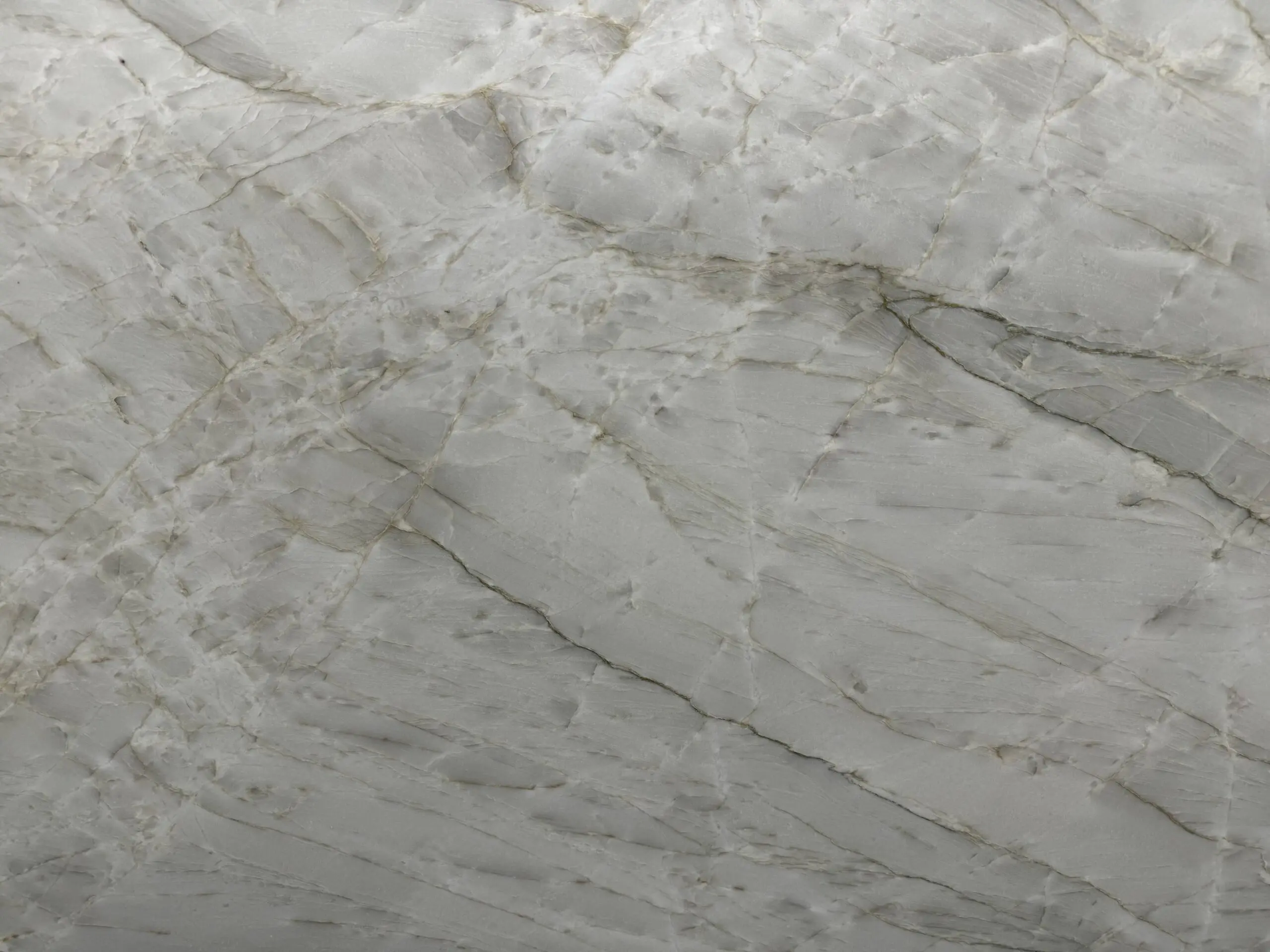
- Natural And Engineered Stone For The Kitchen: Pros And Cons
- Countertops made of natural stone: advantages and disadvantages
- Engineered stone countertops: the pros and cons of the material
- What is the difference between artificial stone and natural
- The difference between natural stone and artificial
Natural And Engineered Stone For The Kitchen: Pros And Cons

In recent years, the widest selection of countertops has been presented in the building materials market. But the question of choosing engineered or natural stone is still relevant now: each of the materials has its own advantages and disadvantages. In this article, we will try to figure out which type of countertop is better to choose in a particular situation. Natural Engineered Stone Kitchen Pros And Cons.
Countertops made of natural stone: advantages and disadvantages
The countertop made of natural stone looks exquisite, but the cost of such material is high. Does it make sense to overpay? Let’s look at the main advantages and disadvantages of the material.
The advantages of natural stone countertops
- Beautiful appearance. Undoubtedly, natural material has its own exquisite charm – texture, pattern, shade. Cooking in such a working area of the premium kitchen , you can feel the reunion with nature.
- The stone is cold to the touch. This is not really an advantage, since not everyone likes the feeling of cold. But in an area with a hot climate, a stone countertop is ideal.
- Hardy material. Countertops made of natural stone have a significant life, as they are resistant to temperature extremes, shock and chemical attack. The most hardy stone is granite, as well as quartz.
- Natural stone has many unusual shades that are difficult to create engineered: from gray-blue and emerald to pink and dark brown.
- Disinfecting qualities of natural material. Marble is considered a powerful antiseptic that kills all pathogenic bacteria and microorganisms. Therefore, marble countertops are an ideal option in terms of sanitary standards.
Cons of natural stone
- Granite is a little fonit. Quartz and granite have a certain radioactivity, but these indicators are minimal, therefore safe for humans. Granite is considered first-class granite. Therefore, if you decide to order a countertop made of this material, ask the seller for a quality certificate where these characteristics are indicated.
- Marble countertops are easy to damage. Marble is considered the most environmentally friendly material, but it needs special care. The weak point of this natural material is porosity and high ability to absorb moisture. And hence the tendency to stain.
- The presence of seams. A seamless countertop made of natural stone cannot be. Therefore, the installation of natural stone products must be done very carefully. Mount the countertop should a master who understands his work.
- Natural material needs special care. Stone, like any other natural material, ages over the years. It is recommended to periodically treat the working area with a protective compound. But he does not always help.
- Difficulties in restoration. To repair a natural stone is much more difficult than an artificial one. And in some cases, restoration is not possible at all.
- High price. The main disadvantage of countertops made of natural material is their high cost. Here we are talking not only about the price of the material of the working area, but also the headset as a whole. Natural stone has a solid weight, so it needs a stronger frame – hence the price increase.
Engineered stone countertops: the pros and cons of the material
Now let’s talk about the advantages and disadvantages of the working area made of artificial stone.

The advantages of composite countertops
- The material is practically indistinguishable from natural stone, imitates its texture, color and pattern.
- Neutral shades. Sometimes the interior design of the headset needs to prevent others from determining what the countertop is made of. Artificial stone, which easily simulates any shade and texture, helps to cope with this task.
- Huge selection of colors and shades. The color palette of the composite material is very diverse: much richer than that of natural stone.
- It is easily restored. Even after serious damage, chips and scratches, the countertops made of artificial stone must be repaired.
- The working surface has no seams. But this advantage applies only to acrylic worktops, in which the seam between the elements of the working surface is easy to grind beyond recognition. In other artificial materials, the seams between the individual elements of the countertop may be more noticeable.
- Very practical material, not subject to deformation and decay. The artificial stone is not porous, so moisture practically does not penetrate into it (therefore, there will be no stains from tea or wine on the surface). Unlike countertops made of natural stone, it is advisable to choose light tones from composite materials. On darker shades, scratches, abrasions and other damage are more noticeable.
- Lightweight material. This advantage applies only to acrylic countertops, which are much lighter than products made of natural stone.
- Low cost. Naturally, the price of countertops made of artificial stone is much lower than natural countertops. But it varies depending on the brand and country of manufacture. The cost of artificial work surfaces of famous brands is sometimes comparable with the price of products made of natural stone.
What is the difference between artificial stone and natural
Artificial (or engineering) stone has a number of positive technical and operational characteristics.
- It is produced using a unique technology: vibrocompression of acrylic or quartz, polyester resin, colored pigments – and all this under high temperature and vacuum conditions. As a result of these intricate operations, a material is obtained, the strength of which significantly exceeds the similar parameters of its natural “competitor”. That is why it is often used in places of intensive use.
- Engineered stone can look fresh and presentable for years. Products from it, in case of damage, are restored by specialists without any problems. After the repair, traces of “wounds” are almost impossible to see.
- Does not have micropores. Therefore, an artificial stone countertop is definitely better than a natural product, since the degree of its bacteriological contamination is many times less. The remains of cooking products will not get deep into the surface, and fungus and various pathogenic bacteria do not develop there.
In addition, such material has an infinite number of colors and shades. This is relevant when implementing complex design projects that require strict color matching for each element.
The difference between natural stone and artificial
In interior design, granite, marble and sometimes onyx are used as natural finishing materials . The first significant difference between products made from natural rock in comparison with the man-made “analogue” is their significantly greater weight. Many buyers prefer a countertop or window sill made of artificial stone, refusing natural, simply by trying to lift the product. With the same dimensions, the difference in weight is significant.
But natural stone also has a trump card: the natural, unique uniqueness of texture and pattern, created by nature itself. This gives it that unique charm and high value.
Cons countertops made of artificial material
- Quartz countertops have significant weight, so they need a stable, expensive frame.
- The increased density of the material structure requires special installation, so you can not do without the help of a specialist.
As you can see, each of the materials has its own advantages and disadvantages. Which one to choose – you decide!
We can help you choose. Call us! Together with our experts decide together which kitchen counter will be the best for you.


